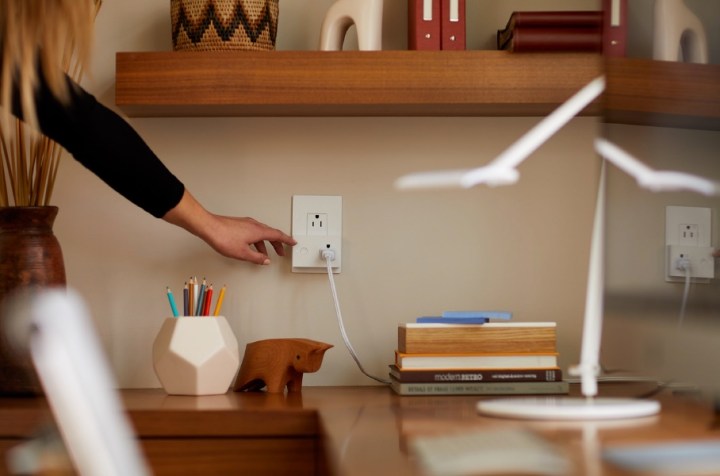
The company’s new offering is called the “radiant collection,” and includes a wide variety of light switches, dimmers, wall plates, and plug-in modules, as well as lighting and scene controllers. These smart devices work on the Open Connectivity Foundation (OCF) 1.3.1 security standard, which means they integrate seamlessly with smart home platforms like Google Assistant, Amazon Alexa, and Samsung’s SmartThings cloud. Legrand says its radiant collection devices are the only wiring devices on the market based on the OCF 1.3.1 standard.
Legrand makes device pairing a snap through its customized, intuitive Lighting Control app, and the collection can also be controlled wirelessly with Android and iOS apps for Apple Watch, smartphones, and tablets. Users can also control lights outside their homes with remote access on Android and iOS devices, powered by Samsung’s ARTIK Cloud. Plug-in devices are usable out of the box and in-wall devices are installable in approximately 15-20 minutes.

To provide additional flexibility, two networking platform options are available to cater to homeowner preference. The Wi-Fi platform connects directly to the home’s Wi-Fi for fast and easy setup and control of one or multiple rooms. The Thread platform creates a dedicated network for larger setups and homes, allowing control of many devices.
“With simple integration and easy connection to existing smart home products, homeowners can start small and plan big, using a scalable system that is compatible with both legacy and emerging technologies,” said Tom Cunningham, senior product manager of Electrical Wiring Systems, Legrand. “By offering compatibility with Wi-Fi and Thread-based networks, homeowners have even more options to connect devices in ways that will both simplify daily life and ensure that their routines and preferences are supported now and well into the future.”
Radiant Collection smart lighting devices allow users to adjust light levels, set up unique scenes, and automatically schedule lighting automation by time of day or even by the rising and setting of the sun. With the touch of a button or unique voice command, users can adjust multiple lights throughout the home or set up a unique configuration for events or occasions.
Legrand says their Tru-Universal smart dimmer is the only product in the current smart home market capable of handling virtually any 120V dimmable bulb, including LED-based bulbs that require reverse phase dimming. For security purposes, users can use Legrand’s Repeater and Away Emulator to capture typical lighting patterns and emulate those patterns when away from home.
These lighting controls are low-profile and available in a variety of finishes including white, black, nickel, and light almond, all with a consistent finish across all devices and system components. The devices, switches and components in the Radiant Collection will begin shipping in the first quarter of 2018.


